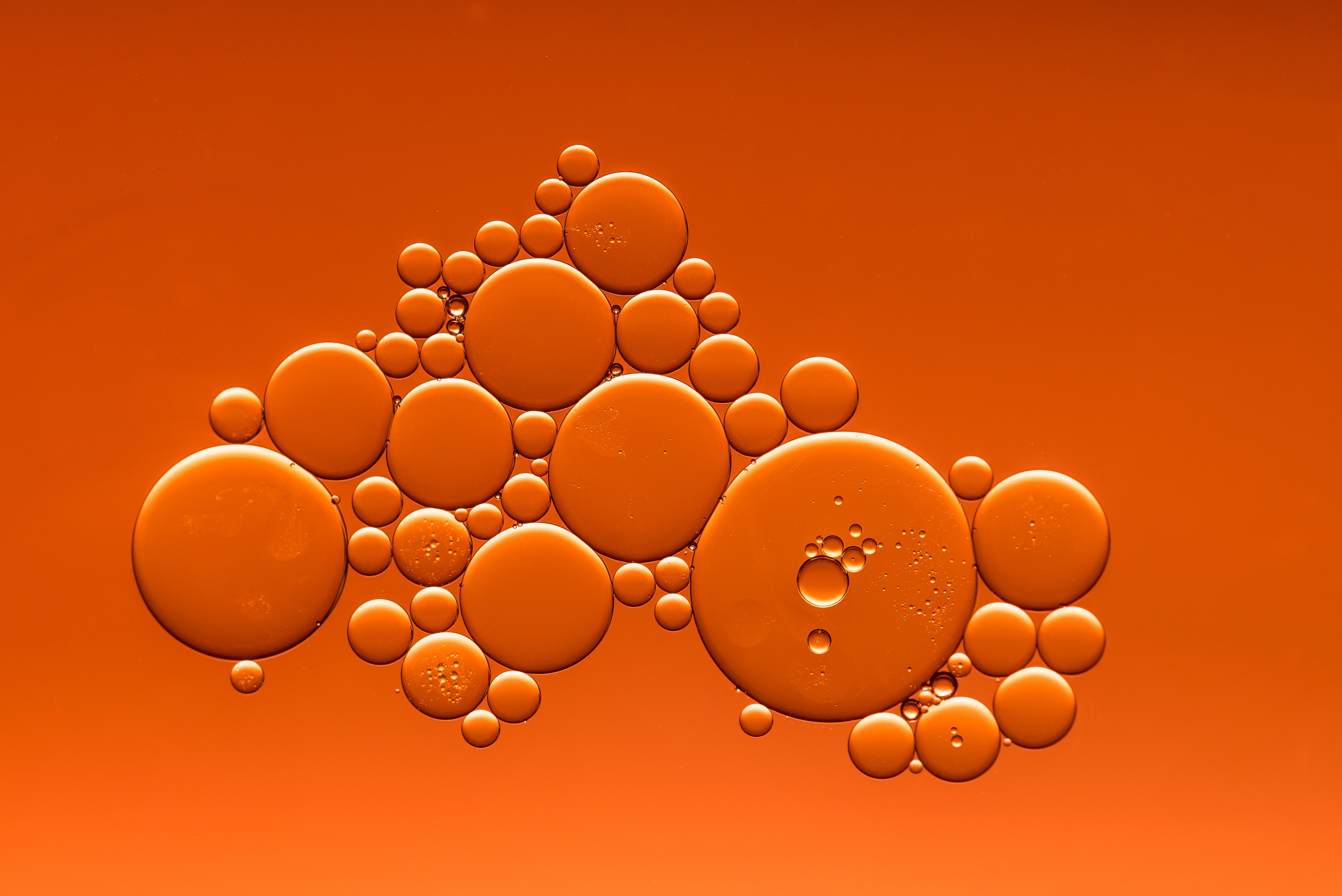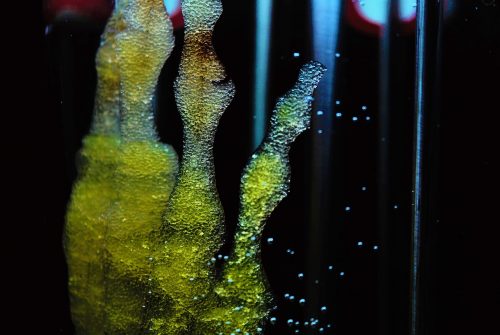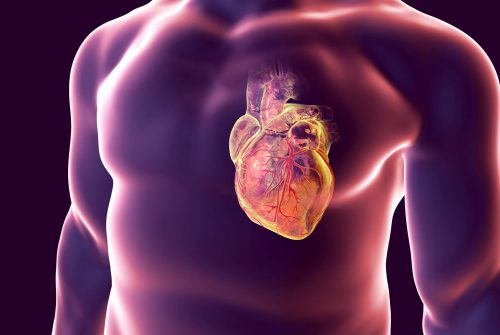Science and Medicine
Naïve stem cells produced in the laboratory
17 January 2019
| Written by La redazione
Thanks to an innovative technique, researchers at the University of Padua created pluripotent stem cells in a primitive state
Researchers from the University of Padua published a study in Nature Cell Biology dedicated to iPS cells, pluripotent stem cells, which for the first time were created in the laboratory in a “primitive” state of development.
These cells, fundamental for research because they are used to study the onset of various diseases, can give rise to any cell in our body, from neurons to pancreatic beta cells, the latter, for example, able to release insulin if it increases the glycemia. IPS cells are generally created in the laboratory from adult cells of our body (blood, skin biopsies or even urine) in a process called reprogramming. This, however, in addition to being very laborious and expensive, generates cells in a slightly advanced state of development, comparable to the second week of
embryonic life, which therefore do not always allow to retrace all the molecular events that lead to the development of a disease. The Paduan research team, composed of Professor
Graziano Martello from the Laboratory of pluripotent stem cells of the Department of Molecular Medicine of the University of Padua and Professor
Nicola Elvassore of the Stem Cell Engineering Laboratory at the Veneto Institute of Molecular Medicine (VIMM), used the
microfluidic technique, a technology developed right in the center of Padua, which consists in the production of small channels, micro tubes in polydimethylsiloxane (biocompatible silicone) the diameter of a hair.
When cells are in a confined space they can be reprogrammed more efficiently and quickly, using far less reagents and saving over a hundred times than conventional technologies. Not only that, and here is the main aspect of published work: iPS cells obtained in microfluidics have a more primitive state of development, very similar to the state of cells in an embryo in the early stages of development (5/6 days), which is technically called
naïve pluripotency stage.
“We have obtained stem cells from adult cells,” says Graziano Martello, “but the real step forward is that the stem cells we get are more immature than those used today. This will allow new future applications, such as the in vitro study of the very early stages of development of our body. Understanding what happens and what can go wrong could have enormous consequences on the level of knowledge and health”.
The study presented by the Paduan team, therefore, promises to be revolutionary in the field of biomedical research: the iPS cells obtained with this technique can be used in advanced applications, such as the in vitro study of some genetic diseases.
“Our work shows how to obtain immature stem cells more efficiently.” Concludes Nicola Elvassore “Fundamental has been to intimately integrate skills ranging from bio-engineering to stem cell biology. We in fact give a new tool to the scientific community that we trust can give a new impetus to the research of human stem cells. We are already focusing on the in vitro study of some diseases that with traditional stem cells could not yet be studied”.
La redazione
Last post by La redazione








